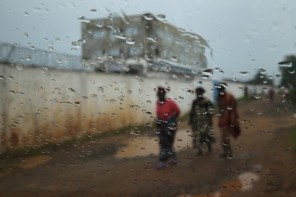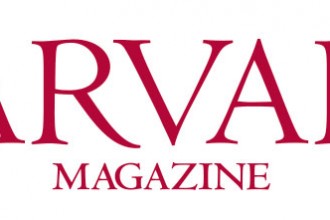Kris Kotarski made a nice point in the comments yesterday: “As far as #CNNfail, it does not necessarily mean #allmediafail.”
But to complicate matters on the new vs. old media front (which is a totally made-up war, of course), check out this report from the New York Times. The report says most foreign journalists’ visas are set to expire, and so most of them will leave. The first quote? A SkyNews reporter, whose sentence is taken verbatim from…you guessed it…Twitter. And as the savvy will have noticed, this isn’t an article; it’s part of the Times media blog.
(An aside, I appreciate the way the Times uses blogs; they feel like an integrated part of the whole–not isolated from the news reporting, and not so cheesy in their layout they feel like you’ve jumped ship. But they also contain a lot of reporting, which is anice standard.)
So where’s the #NYTimesfail? Tell me what you think:
Bill Keller, the executive editor of The New York Times, also intended to depart Tehran on Wednesday when his visa was set to expire.
“Visa extensions have been denied across the board,” Mr. Keller wrote in an e-mail message. “Some reporters have considered staying on without visas, working under the radar. There are two problems with that. First, this is a fairly efficient police state; the chances of anyone eluding arrest long enough to see how the story plays out are slim. More important, in my mind, is that it puts at risk the decent, hospitable Iranians who would be needed to put us up, translate and help us get the story out.”
Bill Keller, the executive editor of The New York Times, also intended to depart Tehran on Wednesday when his visa was set to expire.
“Visa extensions have been denied across the board,” Mr. Keller wrote in an e-mail message. “Some reporters have considered staying on without visas, working under the radar. There are two problems with that. First, this is a fairly efficient police state; the chances of anyone eluding arrest long enough to see how the story plays out are slim. More important, in my mind, is that it puts at risk the decent, hospitable Iranians who would be needed to put us up, translate and help us get the story out.”
Bill Keller, the executive editor of The New York Times, also intended to depart Tehran on Wednesday when his visa was set to expire.
“Visa extensions have been denied across the board,” Mr. Keller wrote in an e-mail message. “Some reporters have considered staying on without visas, working under the radar. There are two problems with that. First, this is a fairly efficient police state; the chances of anyone eluding arrest long enough to see how the story plays out are slim. More important, in my mind, is that it puts at risk the decent, hospitable Iranians who would be needed to put us up, translate and help us get the story out.”
I am in no position to quibble with Keller’s decision to leave for his own safety or the safety of others. But it’ salso true that in places like Iran, a journalist always risks the safety of the people who help her. Iraq and Afghanistan are the most obvious. And maybe Iran is actually a more difficult scenario at this particular moment in time, when things are being watched so closely. The Times piece notes most foreign journalists are effectively confined to their hotel rooms; and as anyone who has tried to work in an authoritarian regime knows, the more pieces of paper with your name on them, the more trackable you are, soI would guess Keller’s right about how hard it will be to slip off the radar. And, as he mentions, if you do that, you’re taking a risk, and you need other people willing to take risks for you.
But still: Times reporters take those risks, and locals take risks on their behalf, all the time in Iraq and Afghanistan. In some of the world’s most important stories, a journalist always has to give some security–and convince others, in helping her, to give some of their security–to get the story out. So it’s hard for me to imagine that Keller’s not also saying, “This story isn’t worth it to us any more.”
Right call or wrong call? (Do read the whole piece, too.)
And here is the obligatory “The Gray Lady discovers YouTube!” story… I bring this up not only to say that “Please, NYT, keep your daily ‘whoa, the internet is COOL’ realizations to yourself and your closest friends.” But also because this story was sent to me with this summary: “News organizations are looking more and more to the Iranians themselves to provide the news, or at least the pictures.”
This is the great fallacy of the new vs. old media war. In Iran, journalists have always looked to Iranians themselves to provide the news. It’s called interviewing, and the best journalists do it a lot.
What new media brings is the chance for BBC to run Iranian YouTube footage, and that’s very cool. I agree with the point Senia made in comments yesterday, that social media are participatory in a way old media never can be. That already says so much; why go illogically far?


